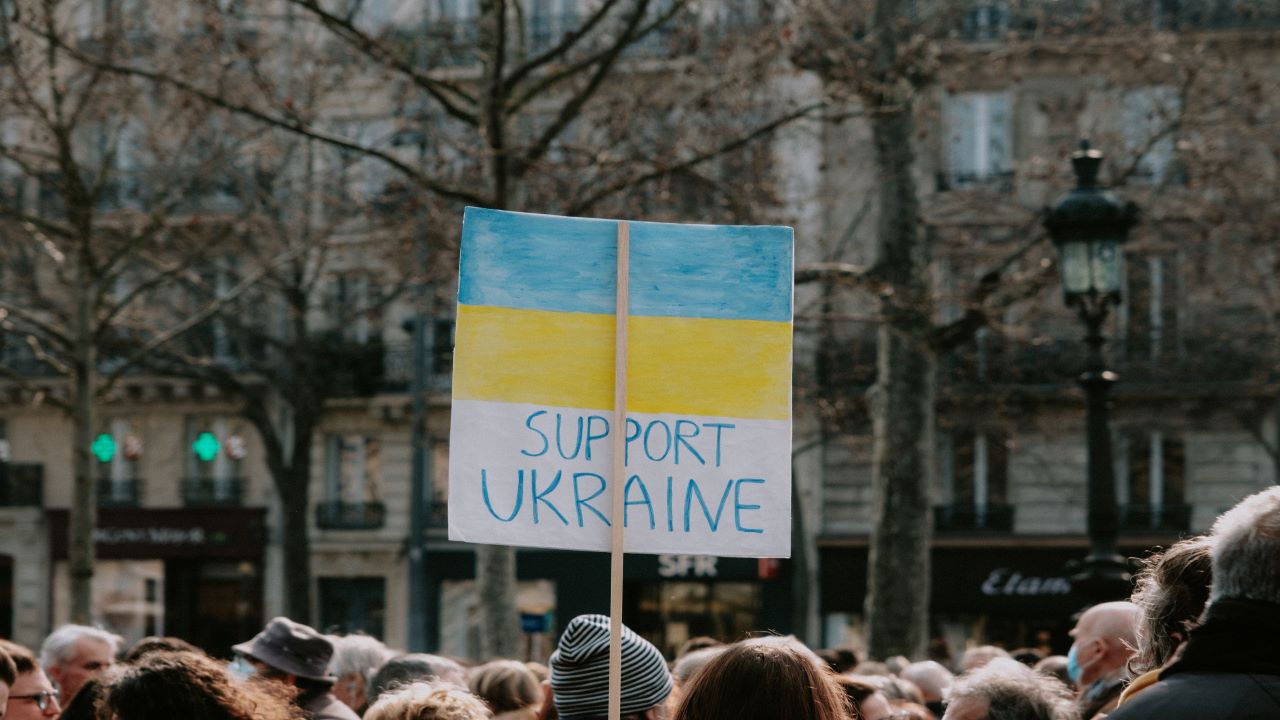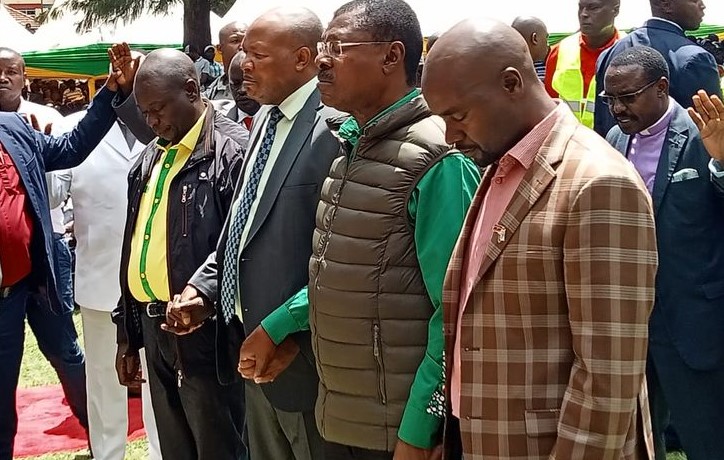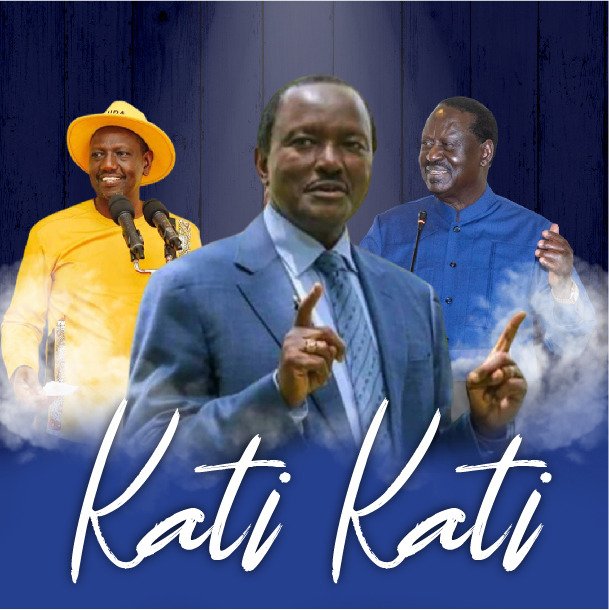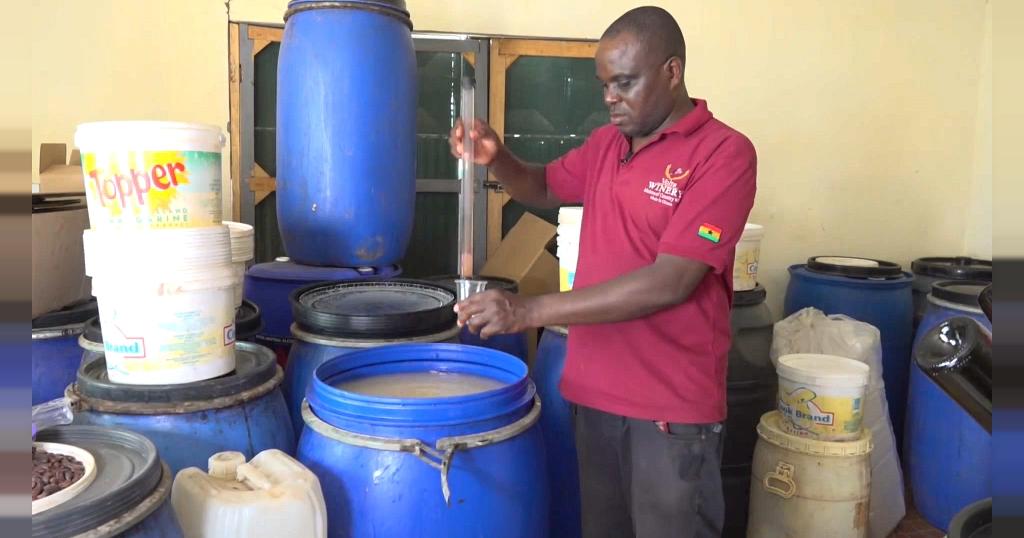Why the war in Ukraine is relevant to Africa, and why Russia is failing
By: albert Wambura
Posted on Friday, May 13, 2022
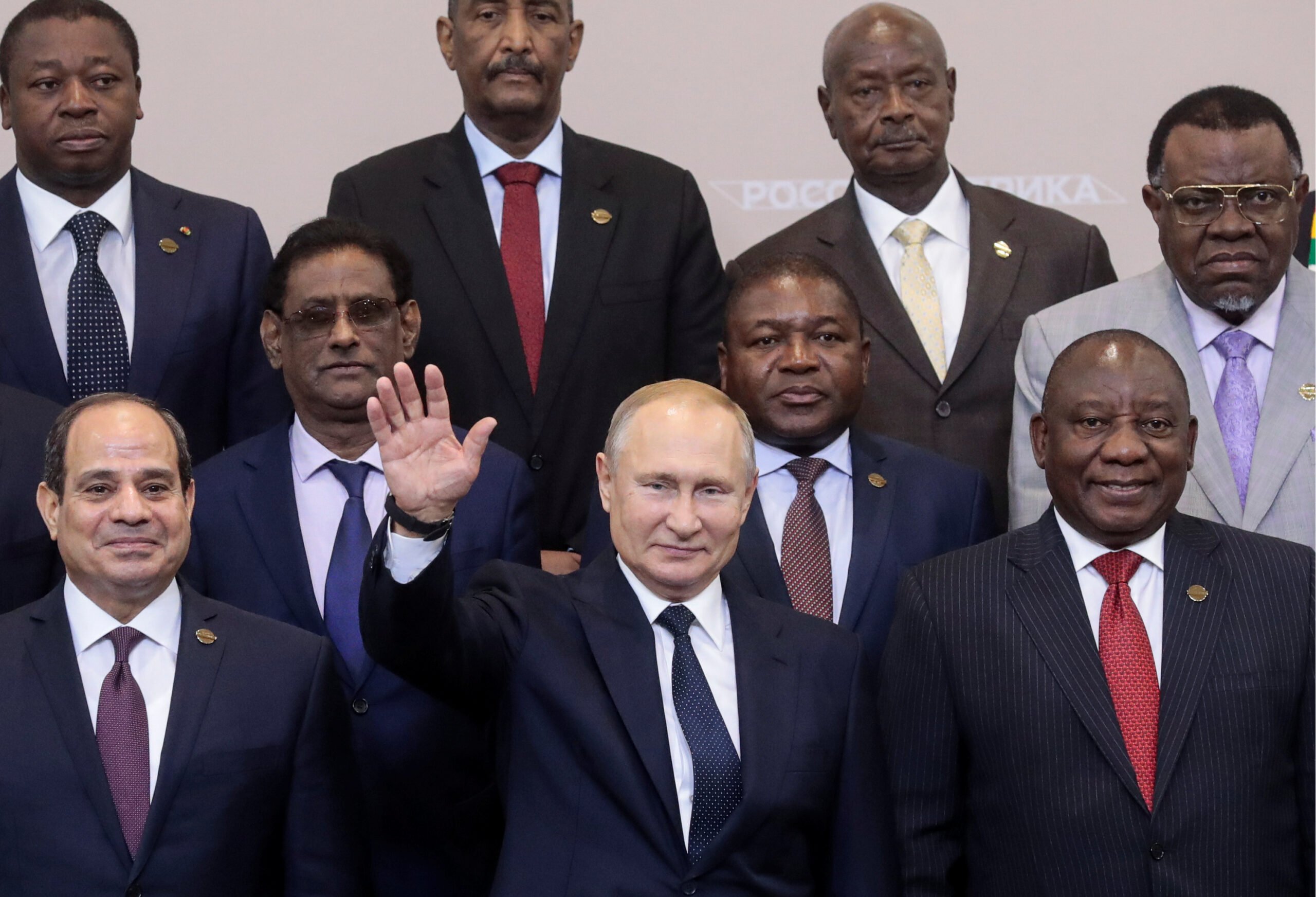
“You can’t be half-pregnant. Right now the war is black and white. Are you for peace and support Ukraine or do you support the aggressors, Russia?” asks former heavyweight boxing champion and current mayor of the capital Kyiv Vitaliy Klitschko. It’s hard to remain neutral when it comes to Russia’s attack on Ukraine, but the question remains, how relevant and important is this event to Africans?
Ukrainians have painted the picture of a unified nation, solid under the undeterred leadership of President Volodymyr Zelensky. And while leadership in Africa has sometimes come under question from both internal parties and the global community, Africa has always remained brave and resolute in the face of hardship that comes as a result of corruption and mismanagement of government. The will to fight and resolve required to survive in Africa has been clear for all to see.
Handouts, grants, and loans from wealthier, Western nations are a result of poverty caused by gross mismanagement. These, on the other hand, have slow-growing but far-reaching and harmful effects across the globe. Many times, the cost of corruption and fiscal irresponsibility has been covered simply by taking out another loan. This has resulted in a dangerous cycle of borrowing what we cannot pay back or borrowing that is not sustainable. To this, Lviv Mayor Andriy Sadovyy says, “You can make a choice: money or freedom. My proposal and my choice is for freedom. If you choose money you lose freedom.”
Russia’s underwhelming offense into Ukraine’s territory has been down to a number of factors. As wealthy and well-equipped as the Russian government is, their overreliance on some weapons (in this case tanks) has undercut their efforts. They are slow on the ground and to perform on the battlefield, requires at least infantry support that has been unsurprisingly hard to supply in the uncoordinated Russian army.
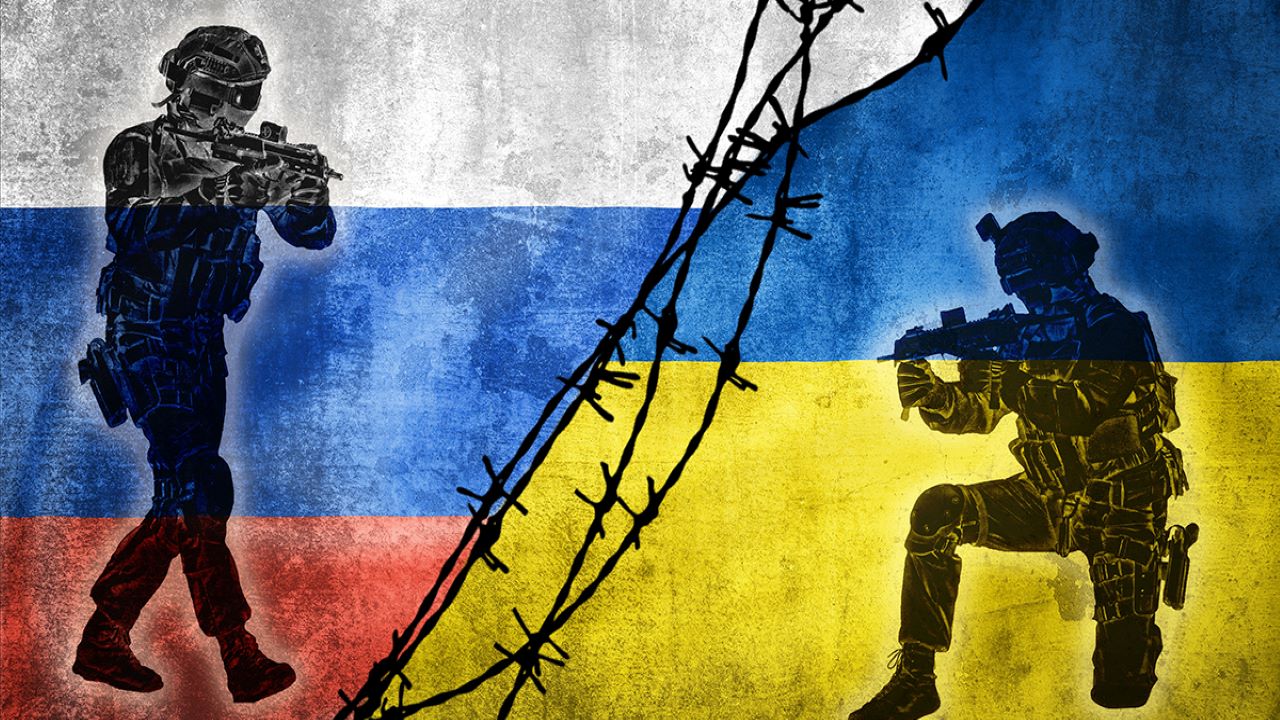
Also of note is their bad logistical organization. Caravans carrying food, medicine, weapons and more have been attacked by Ukrainian militants and supply chains bringing in much-needed supplies in the warzone have severely affected Russia’s progress in Ukraine.
The political setting in Russia is not optimized for the coordination and innovation needed for a successful war. Vladimir Putin runs his nation with fear and intimidation. This means all leadership is central and strategy is not flexible on the ground. Soldiers cannot respond actively in terms of planning in real time, leaving the Russian army in a position of great disadvantage.
On Ukraine’s side are unconventional tactics and hyper-precision weapons. The Ukrainian people have so far responded well, with some receiving training and playing an active role in weakening Russia’s hold on Ukraine. The use of intelligence in the government’s strategy has been a plus, with the Ukrainians posing a worthy resistance to the unjustifiable Russian attacks despite having a smaller arsenal. Ukraine’s international ties have aided in advancing the defense of their sovereignty.
Perhaps the most visible and well-known aspect of this war has been President Volodymyr Zelenskyy’s fearlessness when it came to calling out Russian insurgents and addressing the world. Much like the legendary military commanders of old, he has retained bravery in speech and image, going out to see invalids on their hospital beds and speaking to his people and the world, all while unshaven and in military attire. He has been in the trenches with his countrymen and has been a beacon of hope for all who stand against violation of international law and stand for good sense.
photo credit The Africa Report, Global Finance Magazine




